Whether the non-BJP ruled states-Maharashtra, Delhi and Punjab in particular-respond to NaMo’s appeals to cut duties on fuel is of no concern for the international community. The only impact of this war on India is that it has given NaMo and his gang one more excuse to hide failures of their policies. In the last two years everything was blamed on the pandemic and non-patriotic behavior of all non-NDA political parties. Now they will blame fuel hike, inflation, rising prices et al on the Ukraine war!
Of late there has been a lot of talk in the media of how India is ‘diplomatically’ responding to the Russian aggression in Ukraine and how India’s foreign policy has once again vindicated itself. According to experts India and Russia (sic USSR) have a special bond since Nehru-the father of India’s foreign policy — had a soft corner for the USSR, then believed to be ‘socialist’. It is generally accepted that Nehru imitated (aped?) the soviet model of state-planned development when he established a Planning Commission and launched the Five-Year Plans in the freshly independent and development-starved India of the early 1950’s.
But Nehru the politician has also been described as a modern-day Hamlet in that he was always in the ‘to be or not to be’ mindset. He wanted to run in too many directions at one and the same time! Such was his cupidity that he wanted to keep both the capitalist and the socialist blocks at bay and while following the USSR in economy he also stood for the capitalist ‘values’ of liberty and equality and embraced democratic socialism as the path to ensure that India would have the best (worst?) of both the blocks. He was in no mood to stop at that and launched the Non-Aligned Movement (NAM) with Nasser and Tito. History subsequently proved that attractive though they were, the basic tenets of Nehru’s foreign policy were impractical: the USSR bluntly asserted that China was a brother to her while India was just a friend during the Indo-Chinese conflict just before Nehru’s demise; USA armed Pakistan till very recently and NAM withered away after the three founders passed away. To add insult to injury, ‘panchasheel’ found no takers in international relations.
This brief overview of India’s foreign policy was necessitated by the assertion, by one and all, that India has been following consistently the right Nehru-ordained line in world affairs — in practice, at present, it means supporting UN resolutions condemning the Russian aggression and abstaining from NATO initiatives. Take a step to the right, another to the left and stand still when the air gets too hot!
Do we need all the paraphernalia of the Ministry of External Affairs (MEA) for this comic exercise? Or should we rather ask ourselves whether India’s stand matters at all to the world? I remember the words of Sharad Joshi-the Shetkari Sanghatana leader when he was prodded on India joining the Gliberalisation drive during the last years of last century. He had put it in terse Hindi — Kaun Poochchata Hai ki Bharat ki Bhumika Kyaa Hai? We hardly matter to the world economy and security strategies of the powerful nations do not count us as what he implied.
Prophetic words as the present developments have shown!
Read Also : Operation Daybreak: The Rise and Rise of Angela Merkel - Vinay Hardikar
There are three major issues facing the world right now. Firstly, Russia refuses to withdraw from Ukraine and has already declared her plans of establishing a southern part of Ukraine as an independent principality — catching the rest of Ukraine in a tight vice. Secondly, North Korea, true to form, has announced a robust revival of its nuclear programme. Thirdly there is concern and possible panic in world stock markets because of impending (?) lock downs in China-the workshop of the world. So, the capitalist world is looking at developments in three socialist countries with deep concern. Rightly so, one feels since this could lead to the Cold War of the 21st century.
Who has the political idleness to bother whether Indian students stuck in Ukraine (A sad reflection on India’s educational policy in general and the educational sharks that surfaced after privatization of professional education in India) returned home and they were absorbed in the prevailing educational network in India! But for these kids, who with their parents had trusted and valued Ukraine’s medical colleges more, in a way spitting at our medical education, India hardly had stakes in the Ukraine issue. Similarly, whether the non-BJP ruled states — Maharashtra, Delhi and Punjab in particular — respond to NaMo’s appeals to cut duties on fuel is of no concern for the international community.
The only impact of this war on India is that it has given NaMo and his gang one more excuse to hide failures of their policies. In the last two years everything was blamed on the pandemic and non-patriotic behavior of all non-NDA political parties. Now they will blame fuel hike, inflation, rising prices et al on the Ukraine war!
The world of Art and Literature survives on ‘a willing suspension of disbelief’ we were taught: same could be said for India’s foreign policy. Except for the recognition of BanglaDesh there is no proud moment in our performance in international politics. We like to believe that India matters to the world because Nehru taught us to: he at least had the personality of a possible world leader. He was well versed in academics and had exceptional linguistic skills and carried the world community with him for around 20 years. After him we have not produced anyone close enough to him. 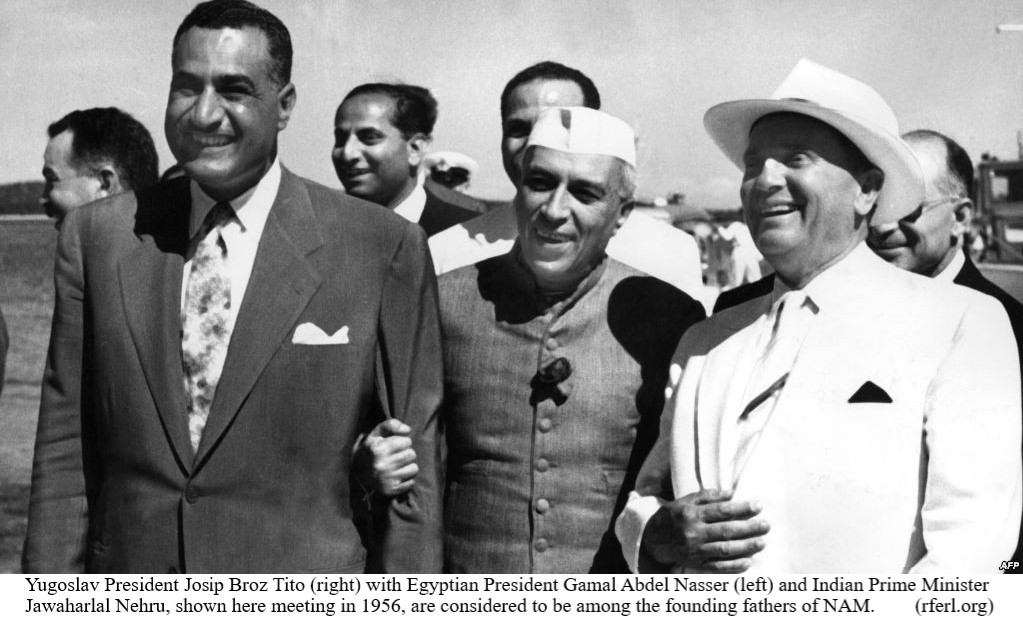
But Nehru was a poet-philosopher at heart and as such the intricacies and conceits of world politics probably never existed for him. His Chinese blunder has been described as ‘Himalayan’ and is believed to have finished him. We still wait for his dream of a permanent seat in the UN Security Council to materialize. We are still at the mercy of non-socialist countries to secure ‘used fuel’ for our nuclear reactors. Even after Nehru, in defense matters all treaties and pacts — with the possible exception of the friendship treaty with USSR in early 1970’s- have been vehemently criticized as ‘what we gained on the battlefield, we lost on the table’. Remember the embarrassment after the abortive Vajpayee-Musharraf summit? Again, under Vajpayee Pakistan went nuclear even as we were celebrating the pictures of Vajpayee looking down into the Pokhran pit with one hand busy with managing his dhoti.
Symbolic? I think so. Let me explain how…
No analytical brilliance is needed to grasp that if our voice is to be heard and valued by the world, we have to be an economic super-power and /or we must have noticeable nuisance value in defense matters. Suffice it to say that we are neither at present. There is a lot of hype over NaMo’s fancy of a 5 trillion-dollar Indian economy but the plain truth is that we are dragging our feet as the plummeting growth rates show. Further, and worse, the economy of India is plagued with disparity as the filthily rich coexist with the filthily poor! Higher rates of growth — when we had them — have done precious little to address this socio-economic divide. Instead of going for an egalitarian job-oriented economy successive governments have been following populist politics —distributing sops for the poor in budget after budget. One suspects whether the political establishment in the country is looking at the poor as future vote-banks. This in its wake shall weaken the economy irreparably.
There is another side to this 5 trillion-dollar talk. Should our economy really reach that mark won’t the three other major economic players — the EU, US and China- also grow? It will be living in fools’ paradise to presume that they will stagnate. China has grown because it has captured the commodity goods markets the world over. Are we in a position-in resources, man power, manufacturing efficiency and marketing astuteness to capture a significant segment of world trade?
At present we are too big in population-too small in productivity. We have trained manpower interested only in cushy jobs where little sweating is needed. Only a strong State can frame and implement drastic economic reforms-we have had only governments with/without a comfortable majority but the state as such has always had to roll-back the reforms. A strong State can create consensus over policy issues — but we have very rarely had that sort of unanimity — only in times of external aggression. Even in those the consensus evaporates after the threat has weakened or disappeared.
This is the ‘dhoti’ that India has to manage diligently. Our dhoti is too long and too clumsy and stops us from walking fast! China became what it is after a drastic cut off from the past baggage — the story goes that when Mao received a list of 8000 national heritage sites, he reduced it to 200 and ordered the rest be razed to the ground — so that future generations would not even hear of them. China wore only two colours during Mao’s years-blue for women and military green for men. This is what a strong State can achieve.
Instead of cutting the dhoti to manageable size our NaMo put on a million-rupee suit for a moment. What bankrupt tokenism! Will he wear a trillion rupee suit if he gets a third term and proudly claim, ‘Duniya Bharat ki Taraf Dekh Rahi Hai’?
- Vinay Hardikar
vinay.freedom@gmail.com
(The writer has been working in the public sphere of Maharashtra for the last five decades. His versatile personality has several dimensions, but the primary ones remain to be that of an established writer, journalist, editor, critic, activist, and teacher.)
Tags: English Ukrain War Russia Putin Volodymyr Zelenskyy World Politics International affairs Load More Tags

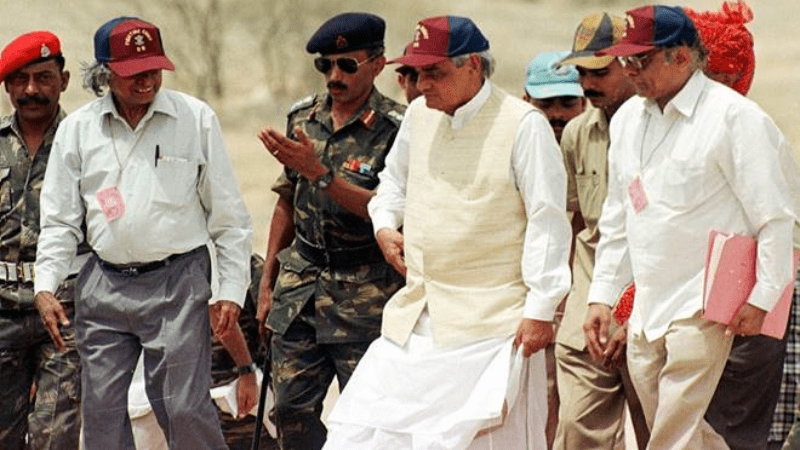

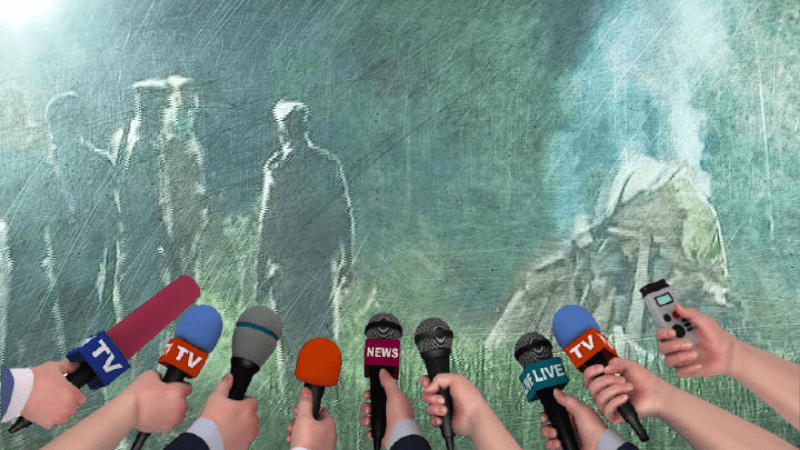
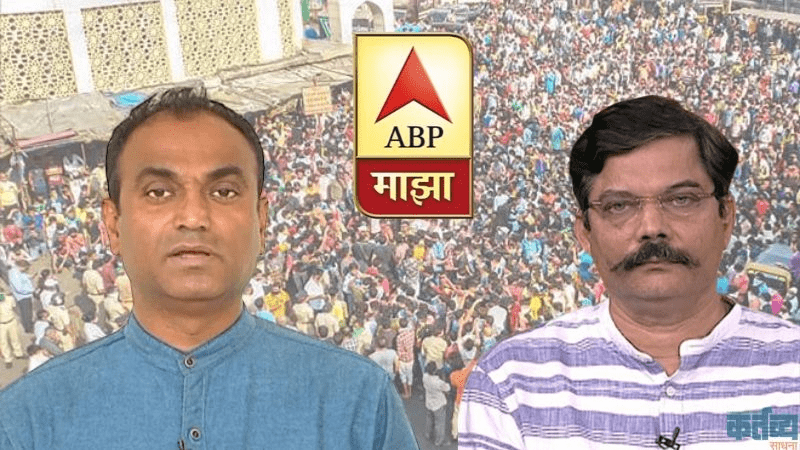
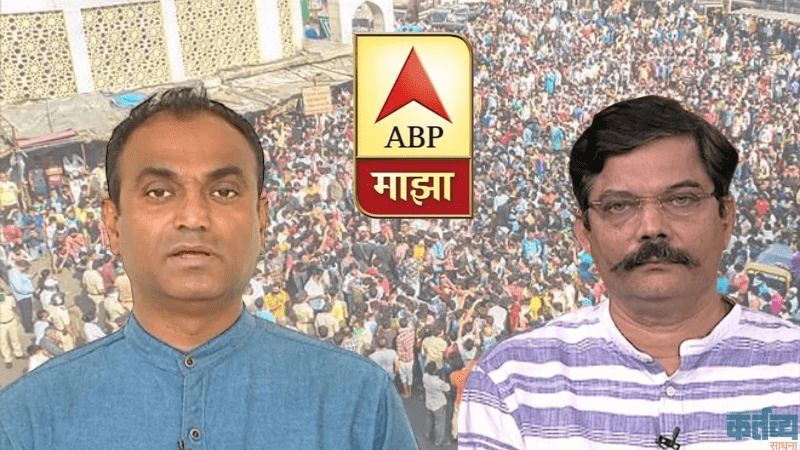
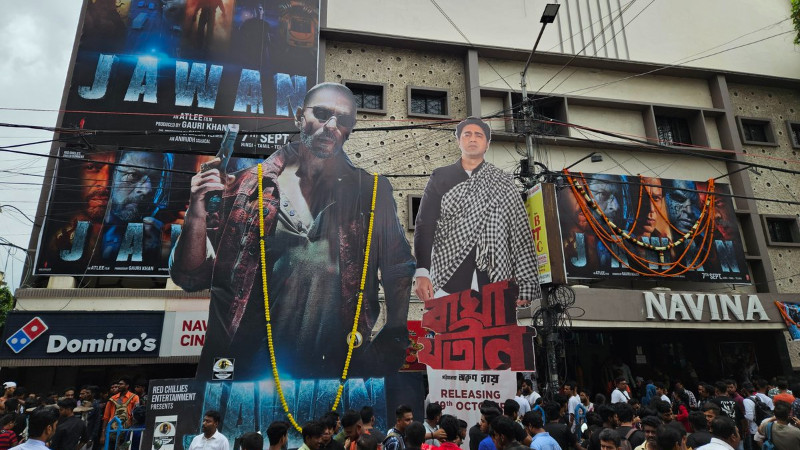
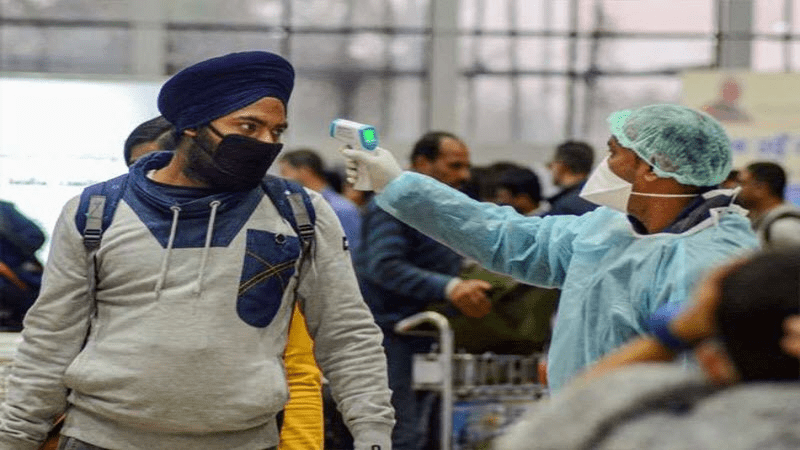
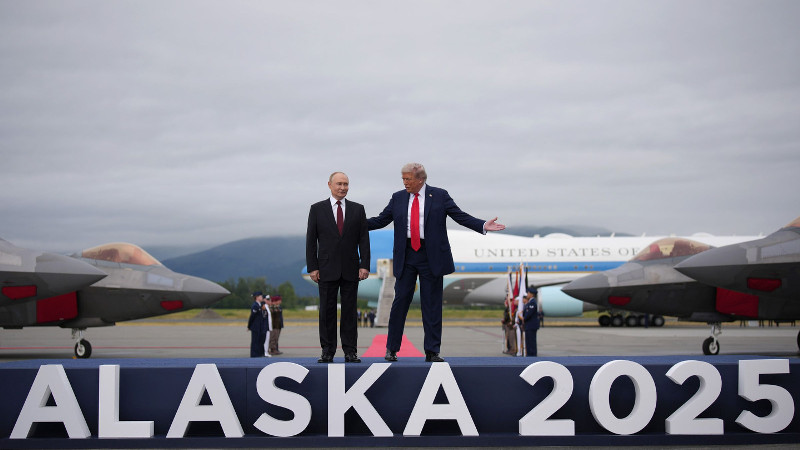

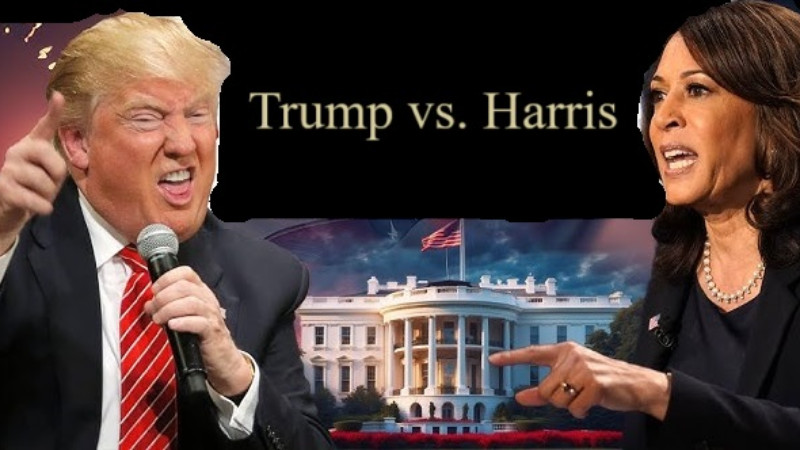
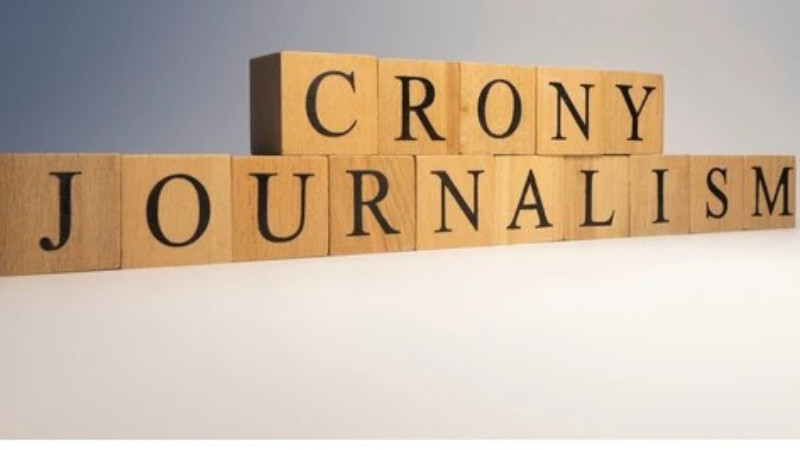
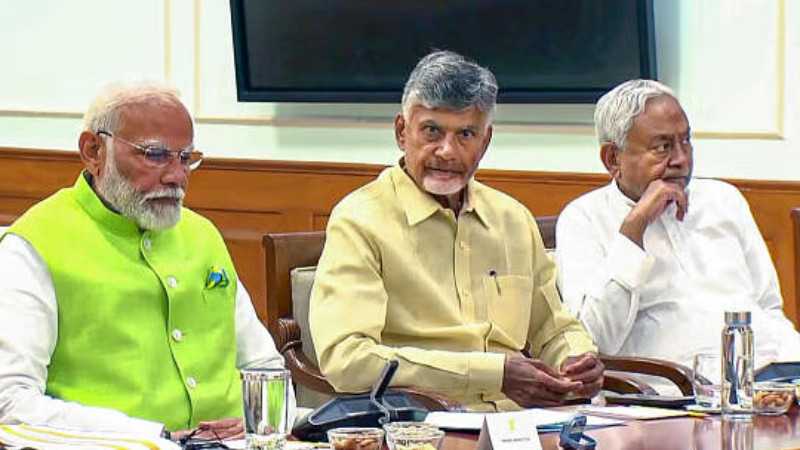
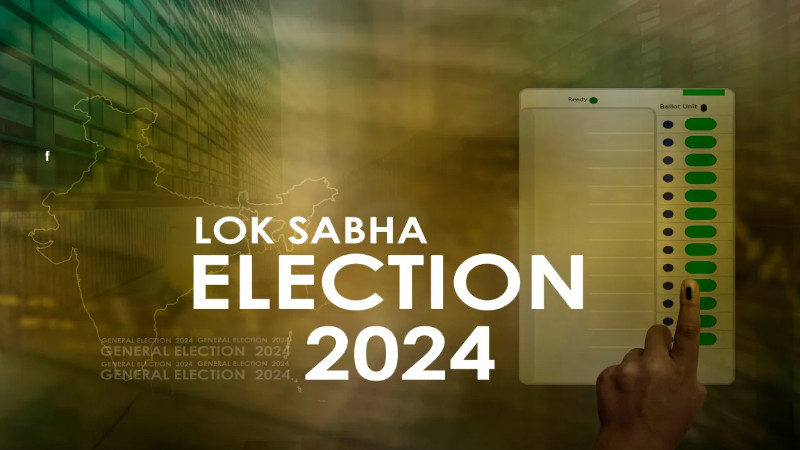
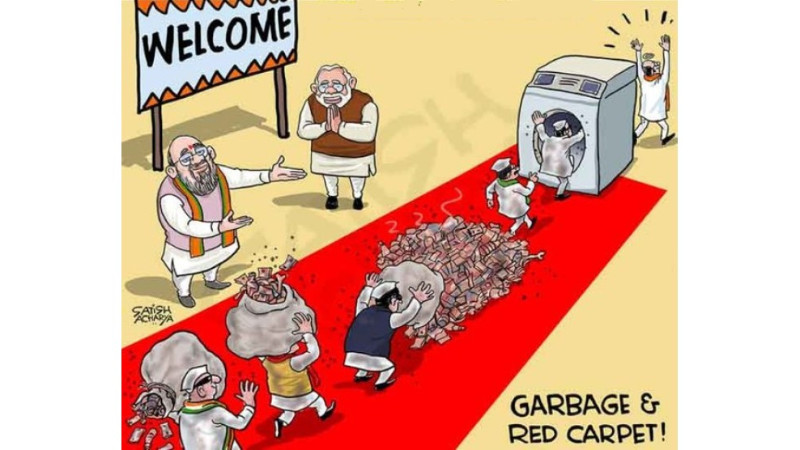
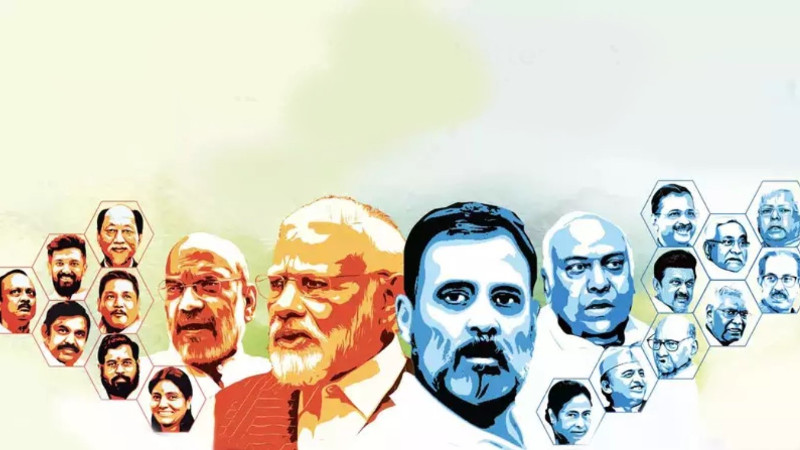
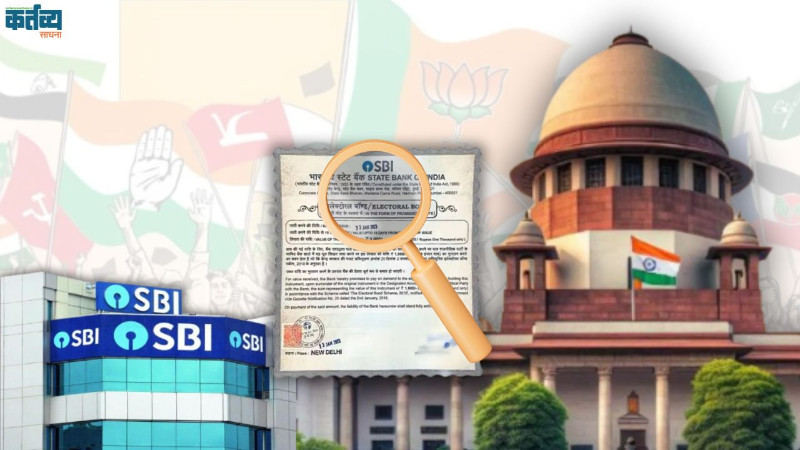
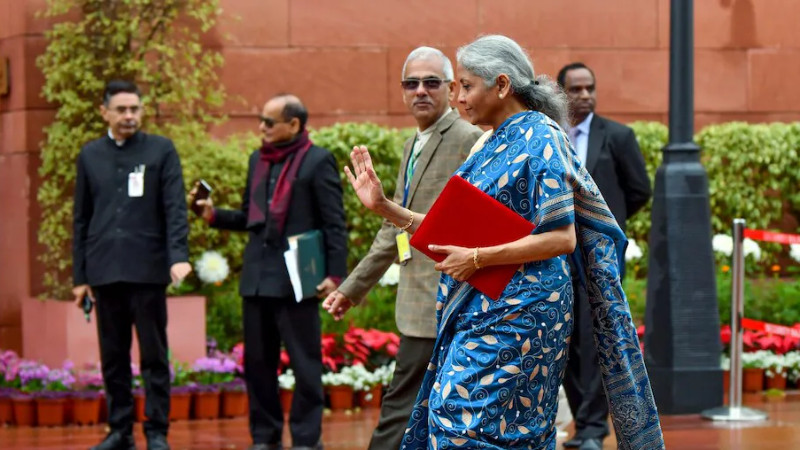
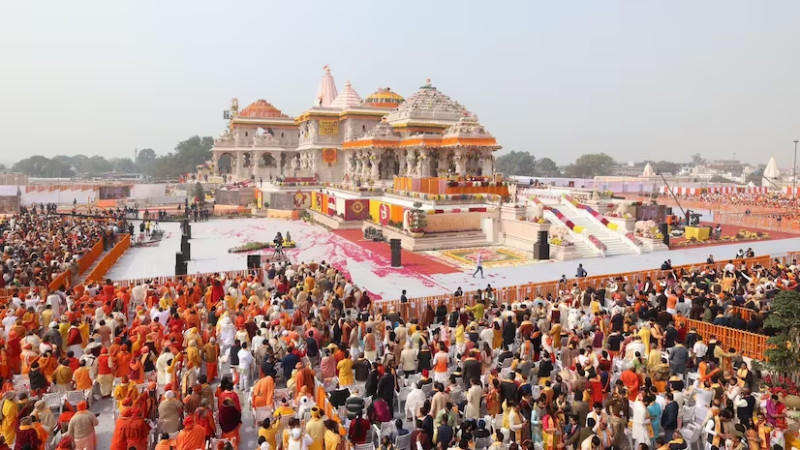
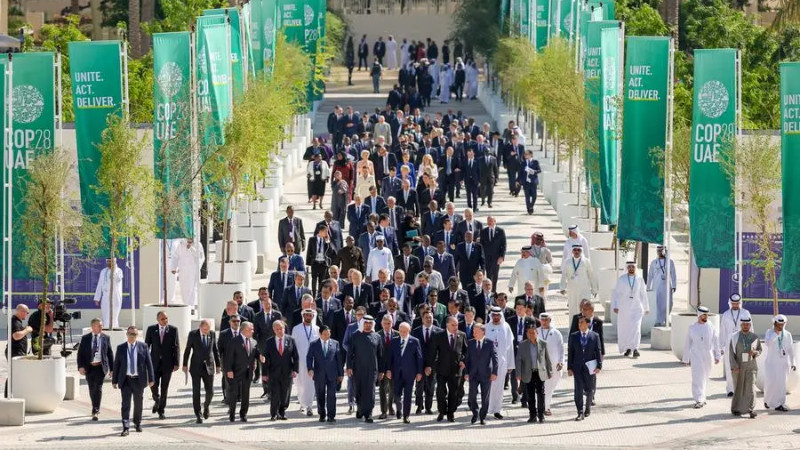
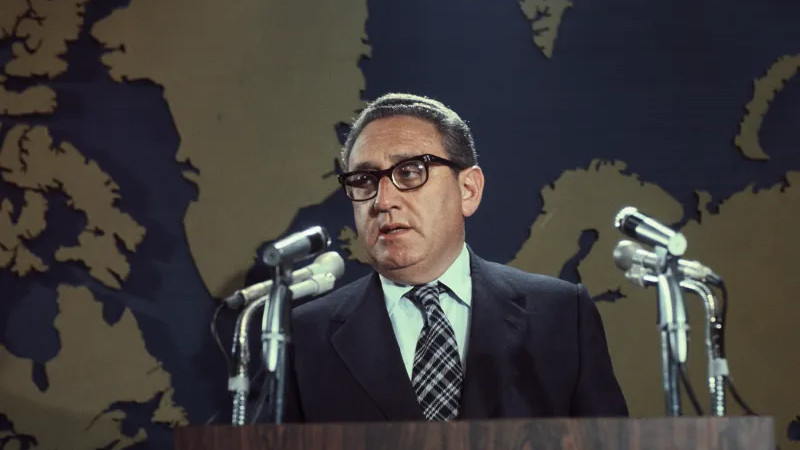
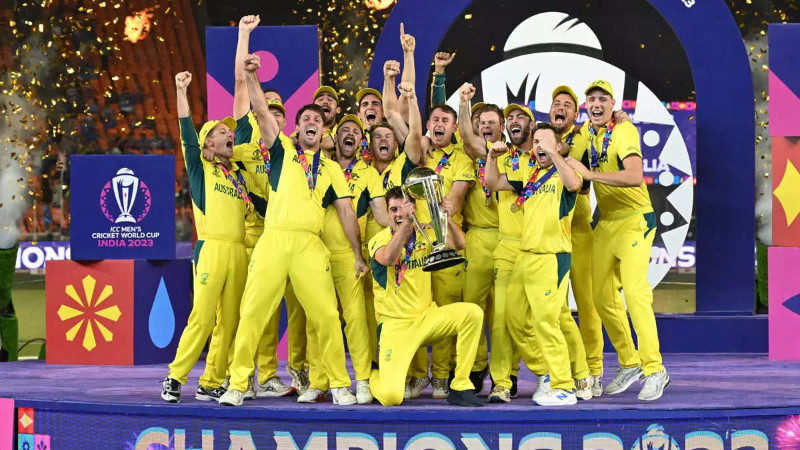
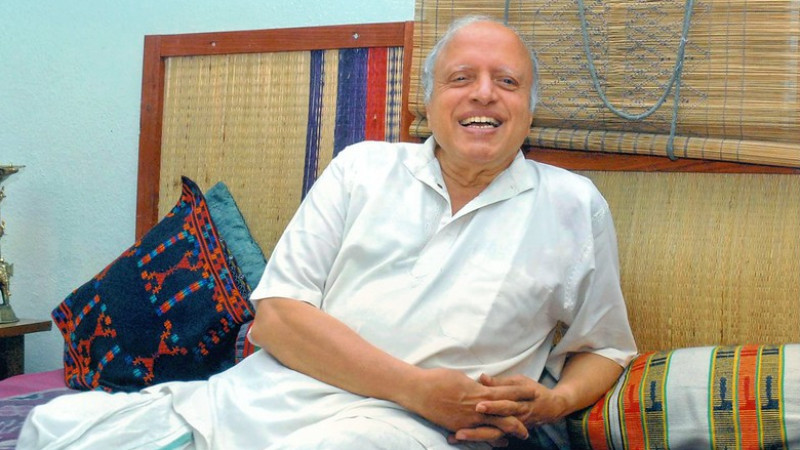
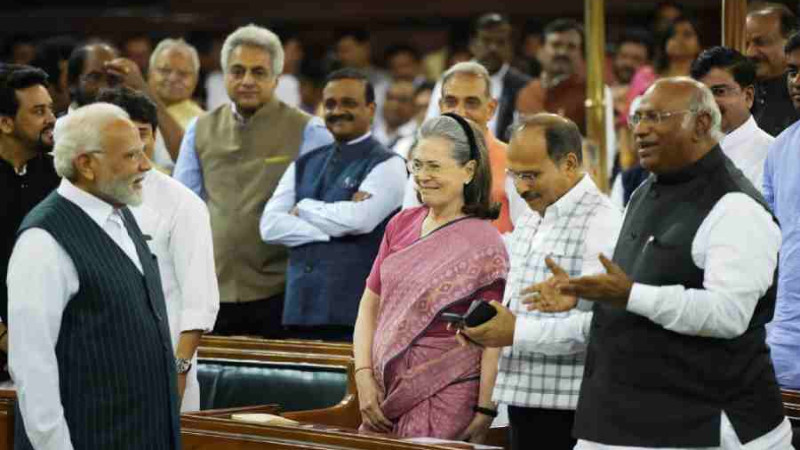
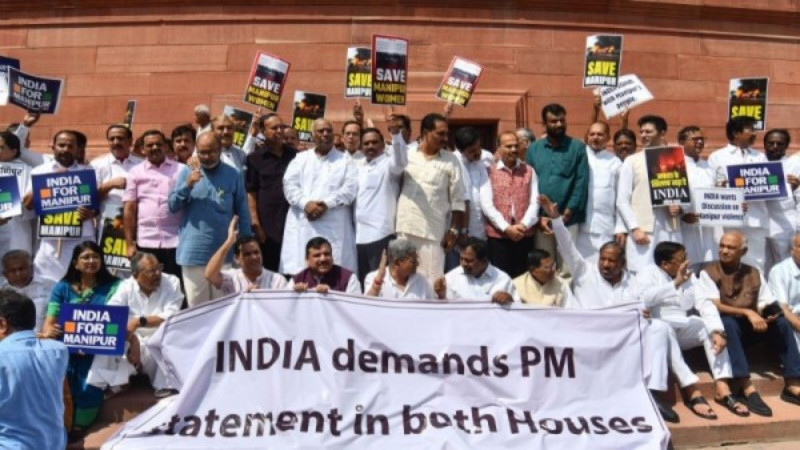
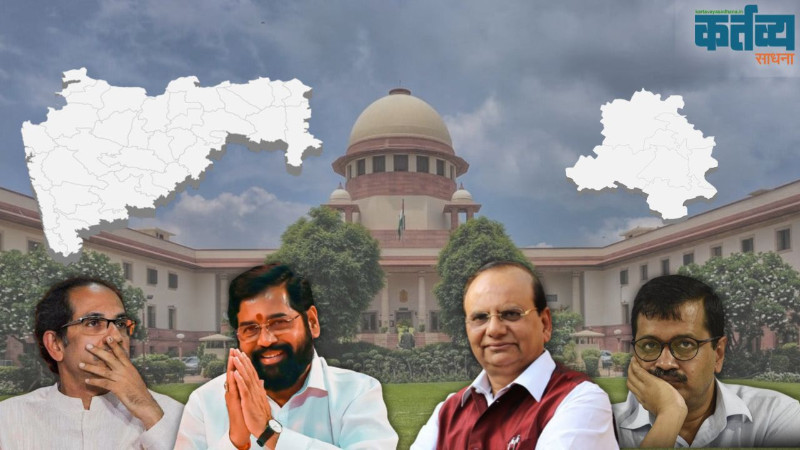
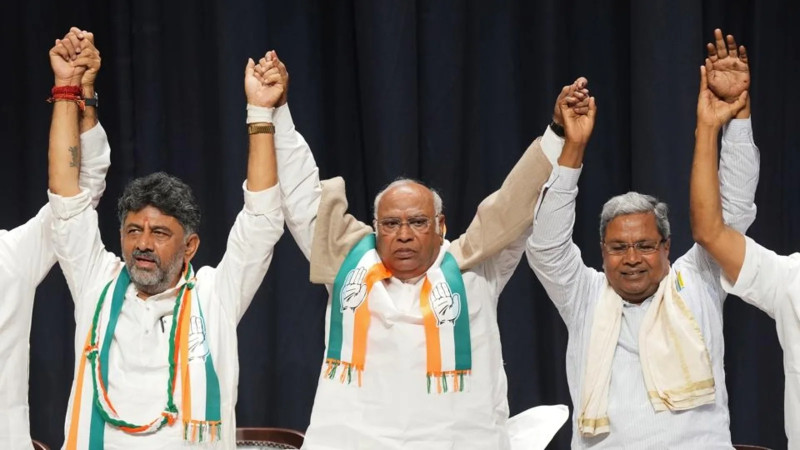
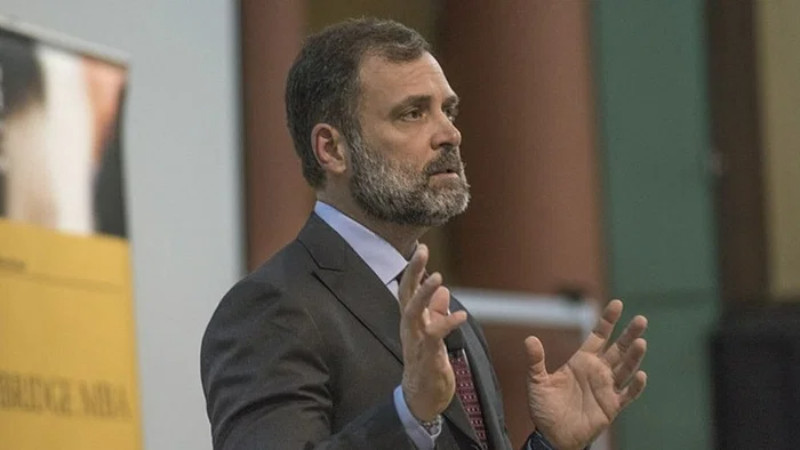
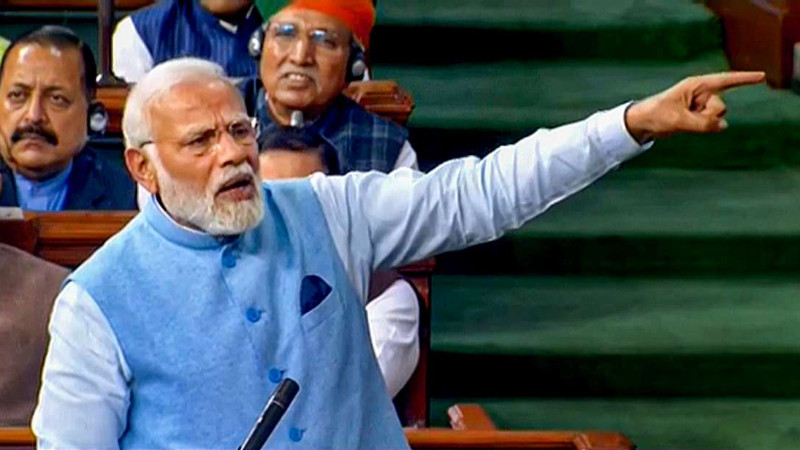
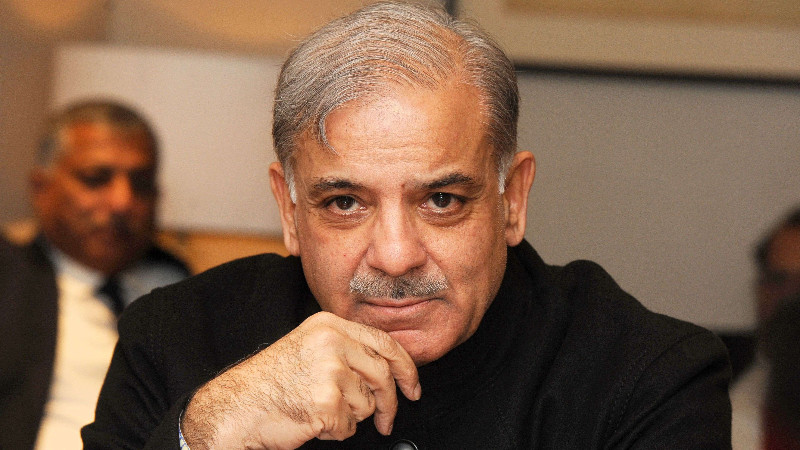
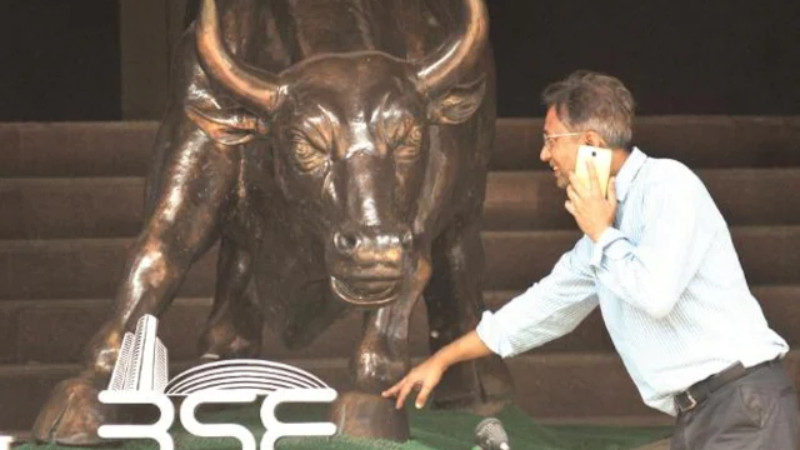
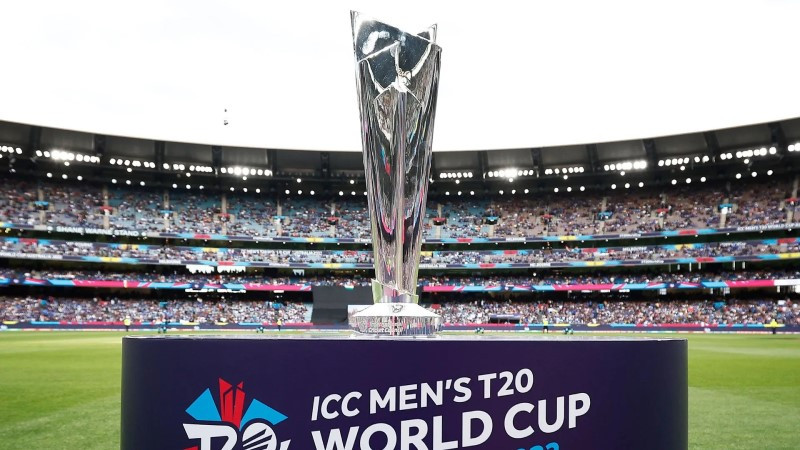
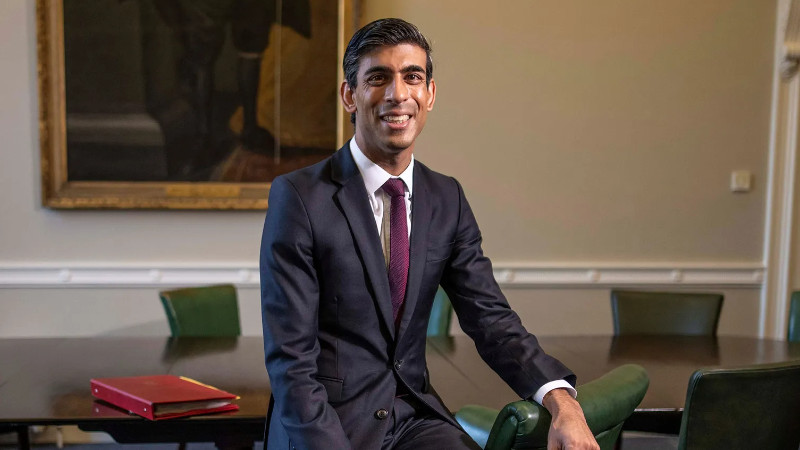
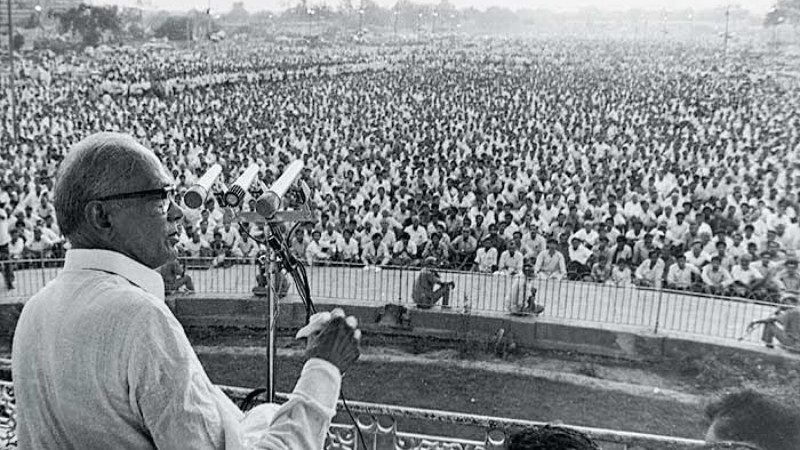
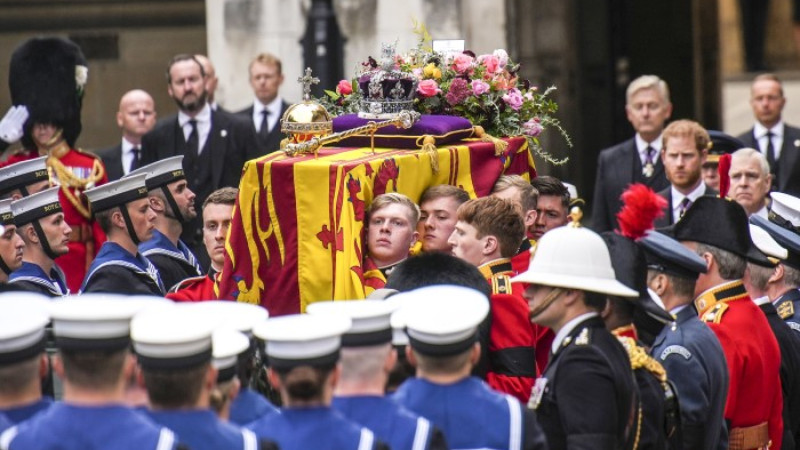
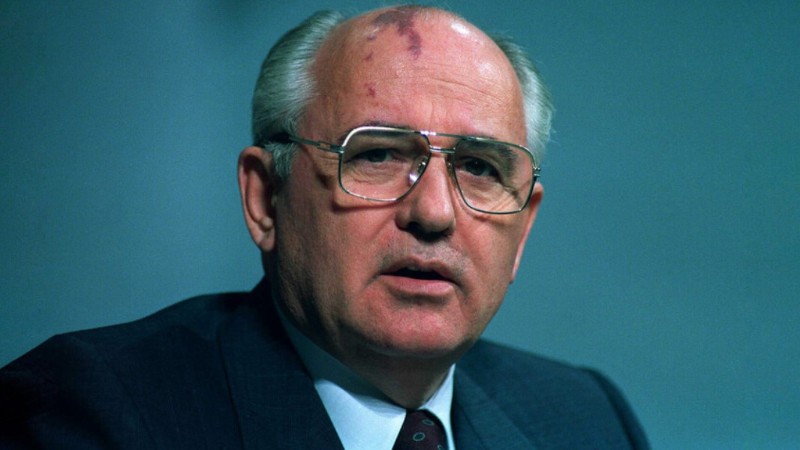
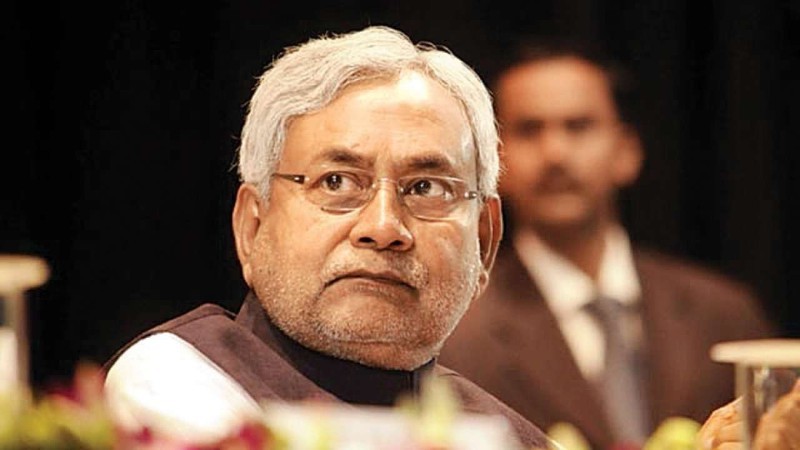
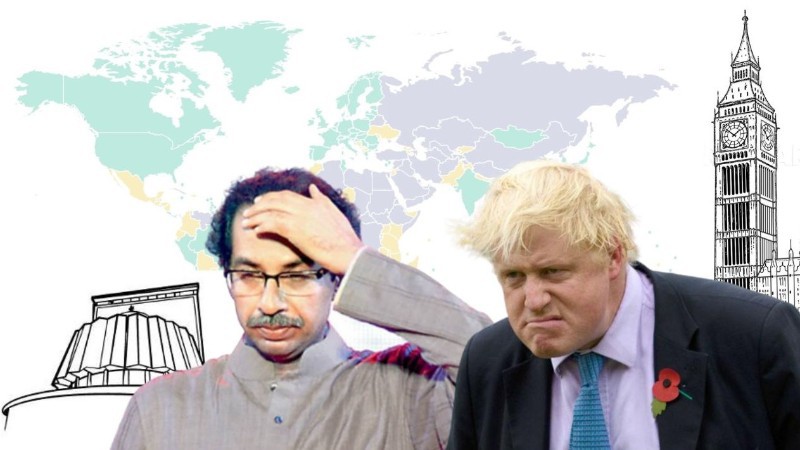

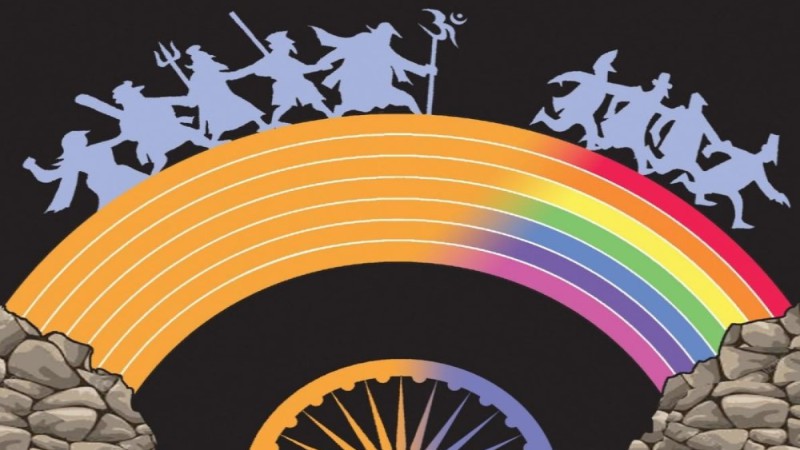
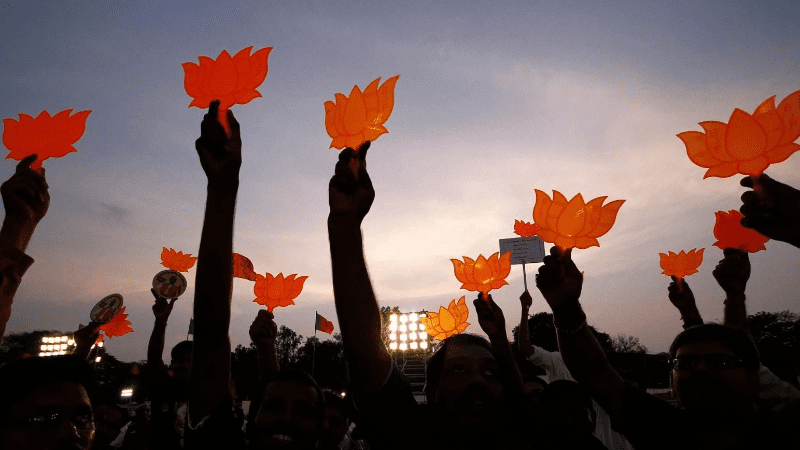
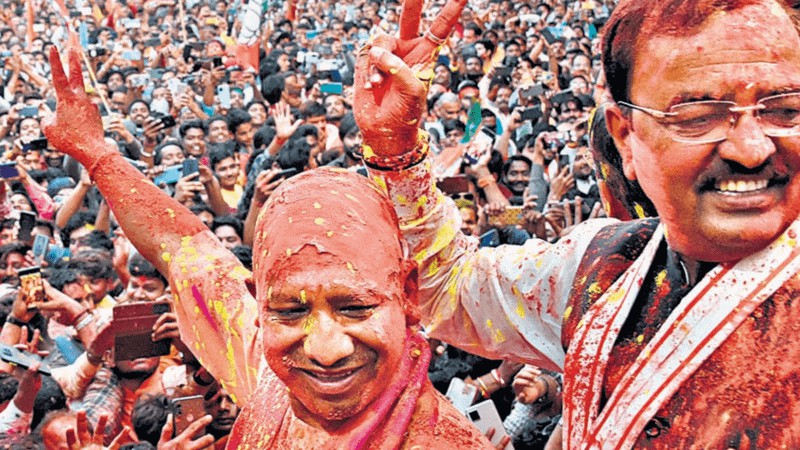
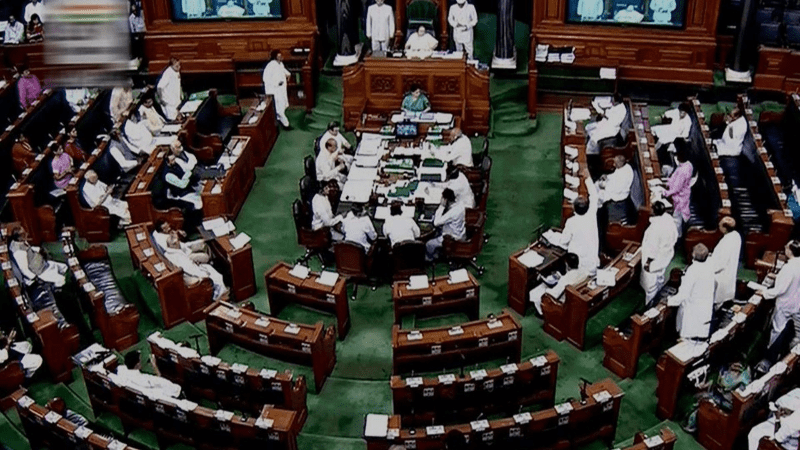
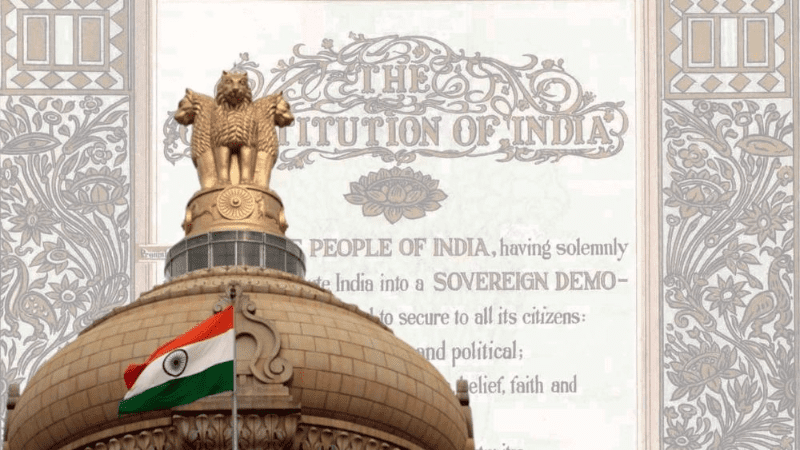
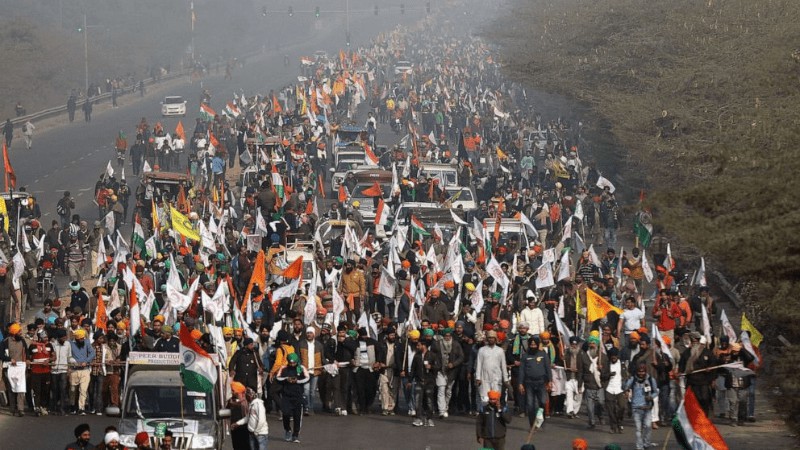
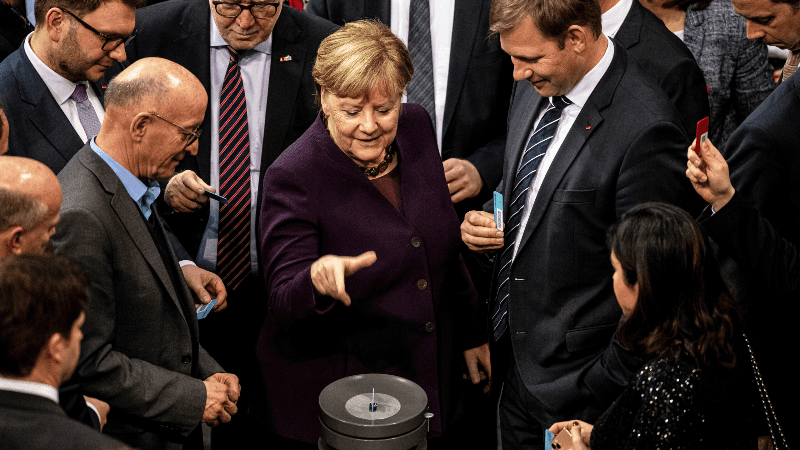
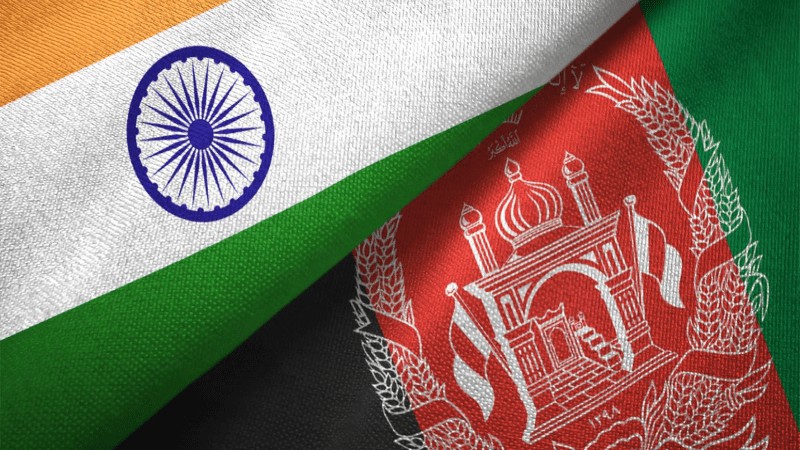
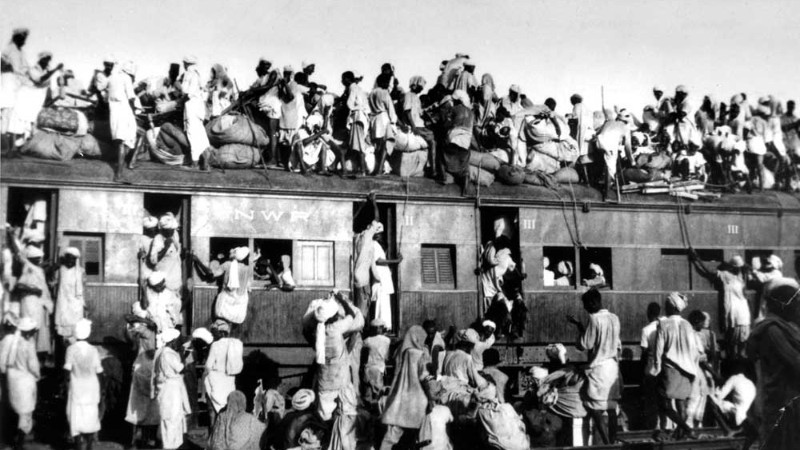
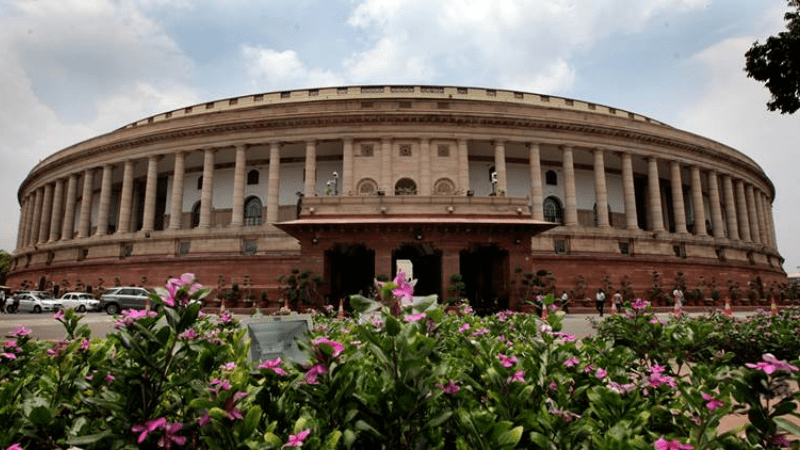
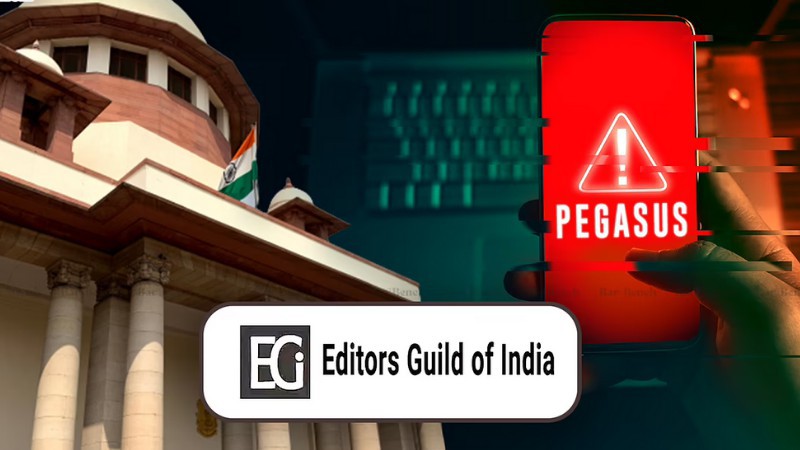
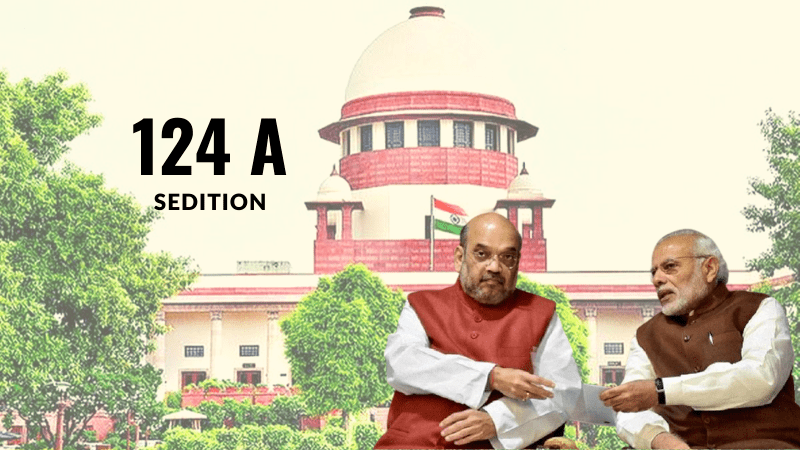
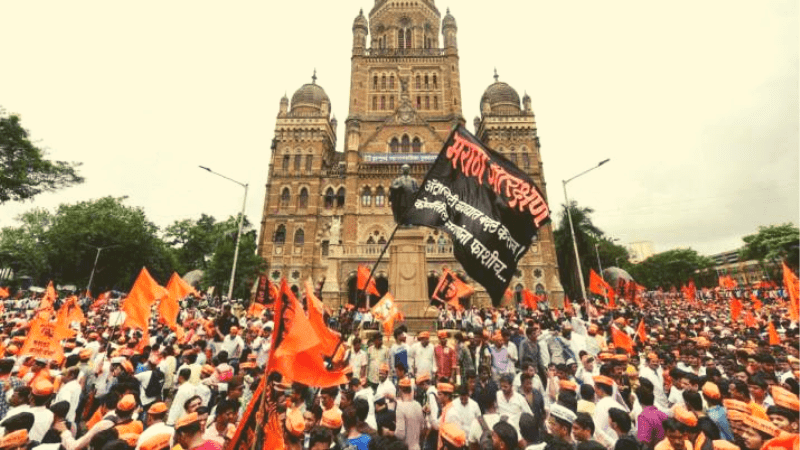
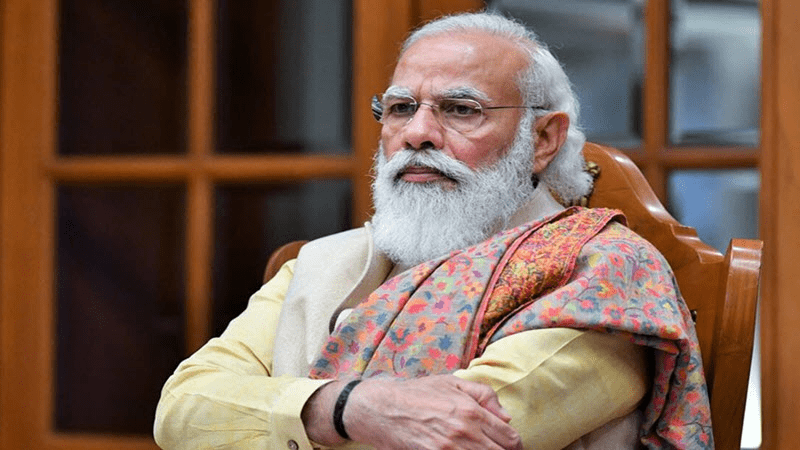
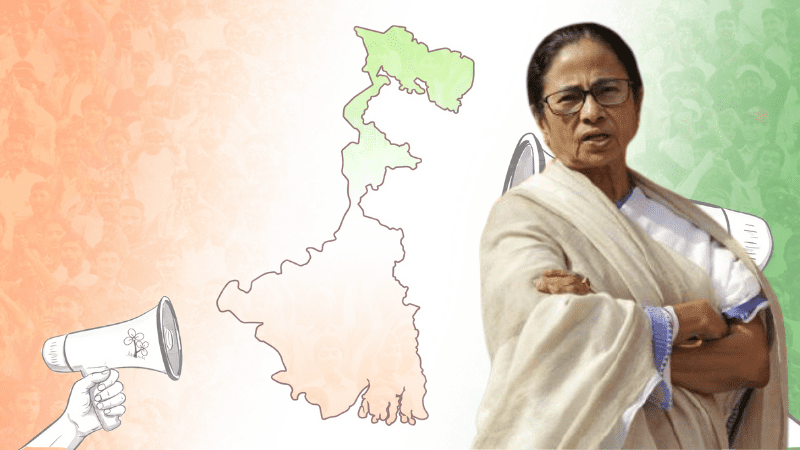
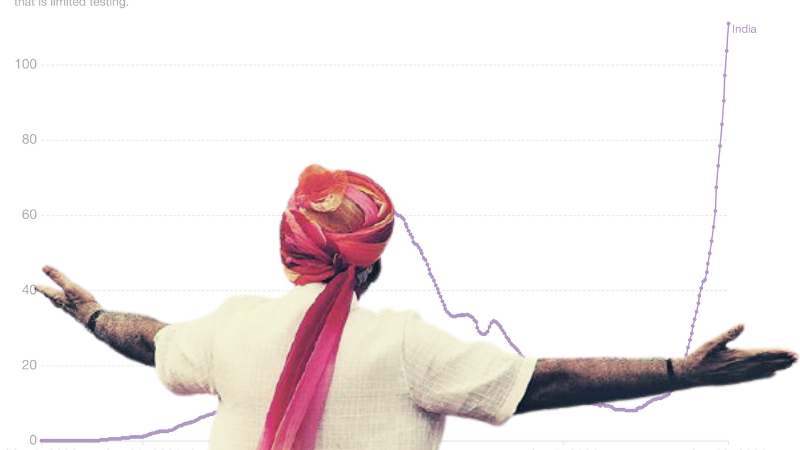

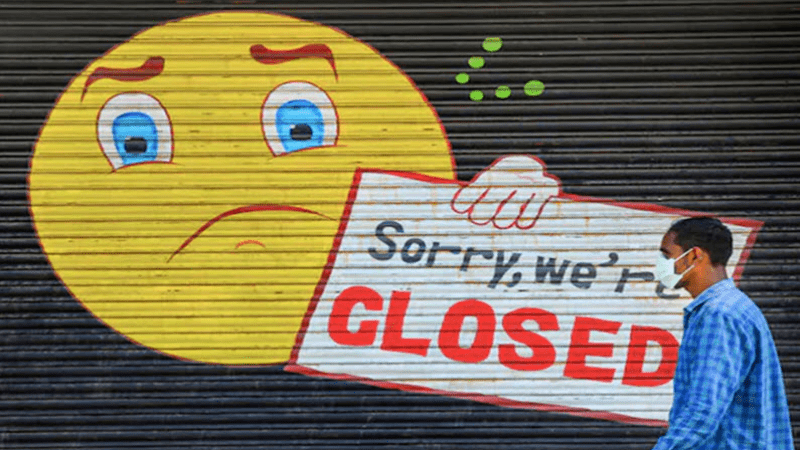

























Add Comment